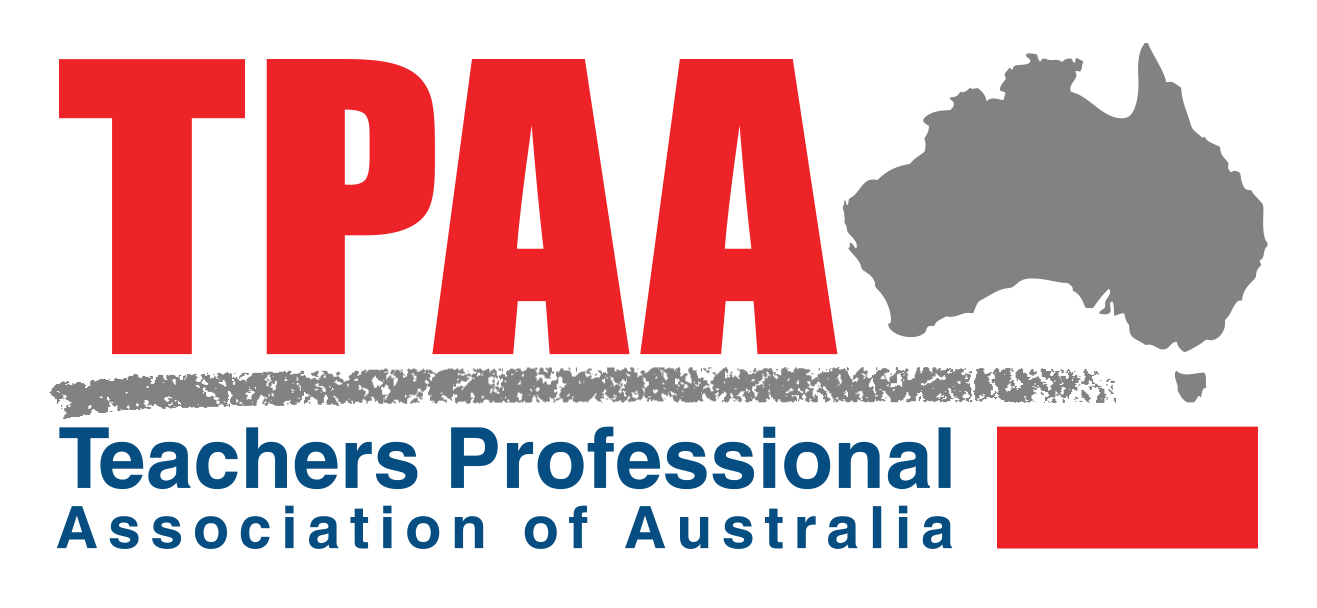Non-contact Time: A Crucial Aspect of a Teacher's Work-Life Balance
As educators, we all know the value of non-contact time (NCT) in our professional lives. This cherished period, known by various names across different educational systems, is a cornerstone of effective teaching practice. Whether you call it PPC, DOTT, NCT, NIT, APT, or RFF, this article delves into the importance of non-contact time, its purpose, and how it varies across Australian states.
Understanding Non-contact Time: Definition and Purpose
Non-contact time refers to the allocated periods within a teacher's schedule where there is no direct student interaction. This time is essential for teachers to perform critical tasks that contribute to the overall quality of education they provide. The primary purposes of NCT include:
- Lesson planning
- Preparation of teaching materials
- Assessment and correction of student work
- Curriculum development
- Professional development activities
It's important to note that NCT is not meant for personal errands or non-work-related appointments. The time is specifically designated for tasks that enhance the teaching and learning process.
The Importance of Non-contact Time for Teachers
Non-contact time plays a crucial role in maintaining teacher effectiveness and work-life balance. Here's why it's so valuable:
- Improved lesson quality: With dedicated time for planning and preparation, teachers can create more engaging and effective lessons.
- Better assessment practices: NCT allows teachers to provide more thorough and timely feedback on student work.
- Reduced stress: By having allocated time for administrative tasks, teachers can better manage their workload and reduce stress levels.
- Enhanced collaboration: NCT can provide opportunities for teachers to collaborate with colleagues, sharing ideas and best practices.
- Professional growth: This time can be used for professional reading, research, and development activities.
Non-contact Time Entitlements: What You Need to Know
Understanding your rights and entitlements regarding non-contact time is crucial. Here are some key points to remember:
- NCT is typically specified in your Award or Enterprise Agreement.
- The use of award-entitled NCT is at the teacher's discretion.
- Mandatory planning sessions during NCT may contravene your entitlements unless they're part of additional allocated time.
- Formal meetings during NCT should be avoided or compensated if unavoidable.
- NCT lost due to planned school activities should be replaced.
- There's no requirement to compensate for NCT during holidays, pupil-free days, or designated planning days.
Non-contact Time Across Australian States
Non-contact time allocations vary across different Australian states. Here's a general overview:
New South Wales
- Primary school teachers: Approximately 2 hours per week
- Secondary school teachers: 3-4 hours per week
- Casual teachers: NCT only if working for a full week or longer
Northern Territory
- Primary school teachers: Around 3 hours per week
- Secondary school teachers: Approximately 5 hours 20 minutes per week
- Casual teachers: No NCT entitlement
Queensland
- Primary school teachers: 2.5 hours per week
- Secondary school teachers: 3.5 hours per week
South Australia
- Primary school teachers: Typically 2.5 hours per week
- Secondary school teachers: Around 3.5 hours per week
Victoria
- Based on total working hours: 30 hours per week for primary and 38 hours per week for secondary teachers
Western Australia
- Primary school teachers: Minimum of 3 hours per week
- Secondary school teachers: Minimum of 4 hours per week
It's essential to check your specific award or agreement for the most accurate and up-to-date information regarding your NCT entitlements.
Best Practices for Utilizing Non-contact Time
To make the most of your non-contact time, consider the following strategies:
- Prioritise tasks: Create a to-do list and focus on high-priority items during your NCT.
- Minimise distractions: Find a quiet space to work and avoid unnecessary interruptions.
- Use technology: Leverage digital tools to streamline planning and assessment processes.
- Collaborate strategically: If working with colleagues, ensure these sessions are productive and focused.
- Balance individual and collaborative work: Use some NCT for personal tasks and some for team activities.
- Stay organised: Develop a system to manage your tasks and materials effectively.
Challenges and Solutions in Managing Non-contact Time
While NCT is invaluable, teachers often face challenges in utilizing it effectively. Here are some common issues and potential solutions:
- Interruptions: Communicate the importance of uninterrupted NCT to colleagues and administration.
- Overloading: Be realistic about what can be accomplished in the allocated time and prioritize accordingly.
- Lack of suitable workspace: Advocate for dedicated spaces for teachers to work during NCT.
- Balancing individual and collaborative needs: Discuss with your team to find a balance that works for everyone.
The Impact of Increased Administrative Demands
In recent years, the administrative demands on teachers have grown significantly. This increase highlights the importance of protecting and effectively using non-contact time. By utilizing NCT wisely, teachers can:
- Manage the increased paperwork more efficiently
- Maintain a better work-life balance
- Focus on high-quality teaching and learning experiences
- Reduce burnout and job dissatisfaction
Advocating for Your Non-contact Time Rights
Understanding and advocating for your NCT rights is crucial. Here are some tips:
- Familiarize yourself with your specific award or agreement
- Communicate openly with school leadership about NCT concerns
- Keep track of your allocated NCT and any instances where it's not provided
- Seek support from your union or professional association if needed
The Role of TPAA in Supporting Teachers
The Teaching Professionals Association of Australia (TPAA) is committed to supporting teachers in all aspects of their professional lives, including non-contact time. We believe that empowering frontline teachers is key to creating positive change in schools. TPAA offers:
- Advocacy for teacher rights and entitlements
- Support in navigating workplace challenges
- Resources and guidance on effective use of non-contact time
- A community of like-minded professionals
Maximizing the Value of Non-contact Time
Non-contact time is a vital component of a teacher's professional life. By understanding your entitlements, utilizing this time effectively, and advocating for your rights, you can enhance your teaching practice and maintain a healthy work-life balance. Remember, the judicious use of NCT not only benefits you as a teacher but also contributes to better educational outcomes for your students.
As the demands of the teaching profession continue to evolve, it's more important than ever to protect and optimize your non-contact time. By doing so, you're investing in your professional growth, your students' success, and the overall quality of education you provide.
If you need support or have questions about non-contact time or any other aspect of your teaching career, don't hesitate to reach out to TPAA. We're here to support you throughout your teaching journey.
Want to find out more or have a question? Get in touch with us:
Phone: 1300 252 777
Email: hotline@tpaa.asn.au
Or book a meeting
Best of luck in your teaching career!
Related Posts
TPAA Case Win #1340 - From Threat of Termination to Reinstatement
Navigating employment issues can be a daunting task, especially when you're in a foreign country...
TPAA Case Win #1317 $40,000 WIN - Redundancy Pay-out Secured
A teacher member had their employment left in limbo, having been suspended without pay for a...


